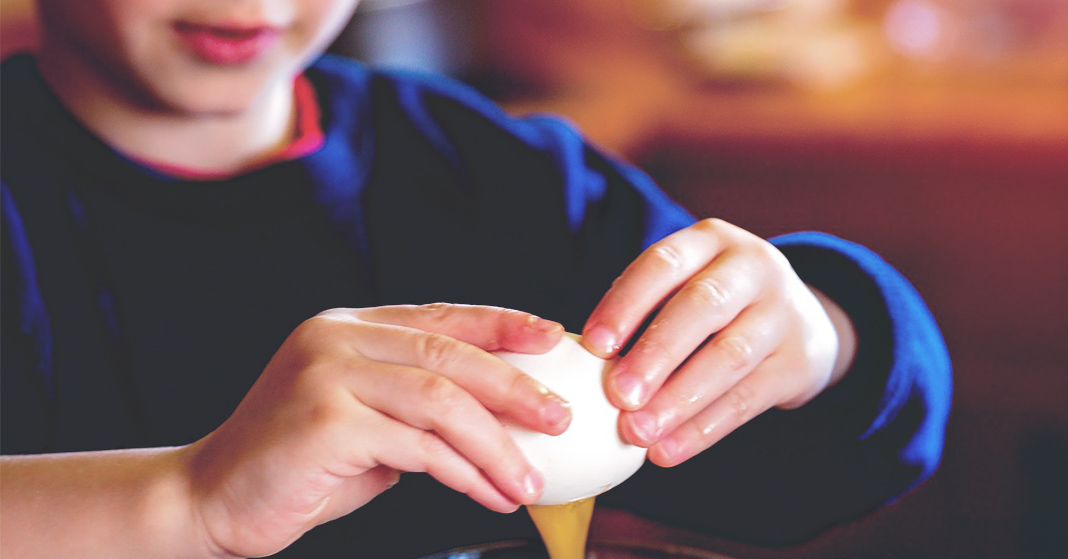
January 1 is a great time for a fresh start and some New Year’s traditions. When my boys were young, we looked forward to doing as many new things as possible on New Year’s Day. We’d go to new places, use new things, find new things to do, and eat new foods. If you’re wanting to create exciting New Year’s traditions for your little ones, here are some ways you can make all things new for them!
Wear Something New
We’d start the day by wearing something new. Typically this was pajamas, shirts, or sweaters that we got for Christmas. Sometimes it was a new accessory like jewelry, a watch, a scarf, or mittens. Even if it was something we’d worn after Christmas, it was still new enough for New Year’s Day.
Go New Places
My family has always enjoyed taking a scenic drive. For New Year’s Day, we would plan a special outing that would take us somewhere we hadn’t been before or on a road we had never explored. We’d take a bridge to explore the other side of a river or drive to a new town in the area. Along the way, we would look for new shops or restaurants that we hadn’t visited before. We tried to find a new place for lunch or for a snack. In our area of Pennsylvania, there were lots of little mom-and-pop diners along the way, but we found that these were often closed for the holiday, so you might want to do a little research before you go. You could always pack a picnic or new treat to enjoy in the car.
Use New Recipes
Because restaurants were often closed, I decided to look for new foods and recipes for us to enjoy at home. Sometimes I’d make a new muffin recipe for breakfast or find a new dessert to make for dinner. I would also look for new varieties of candy, chips, or other snacks that I could save for us to enjoy on New Year’s Day. For dinner, we would have a traditional New Year’s meal. In Pennsylvania, we always had pork roast and sauerkraut, but in South Carolina, where we live now, black-eyed peas, greens, and cornbread are more traditional. For your own New Year’s traditions, you could try traditional foods from different countries or regions, such as vasilopita (a Greek cake) or sausage and lentil stew from Italy.
Do Something New
If my boys got new things to play with for Christmas, we would break those out after dinner. New puzzles, games, or Lego® sets are fun for the whole family to do together. You could also start a new read-aloud, or have each of your kids pick out a new book to read at bedtime.
Start a New Theme for Bible Time
The highlight of New Year’s Day was our family devotions. My husband would choose a new theme for the new year. Sometimes it was a new goal we’d work on together, like kind speech, loving others, or Scripture memory. Other times it was a new attribute of Christ that we’d focus on. Then we’d learn a new verse and a new hymn to go with our theme. While we wouldn’t necessarily keep to that topic each day of the year, we talked about the theme regularly so we’d grow in that area.
A new year is a great opportunity to renew, energize, and get a fresh start! How else could you encourage all things new for your kids for the new year?

